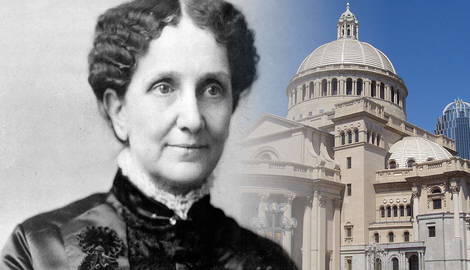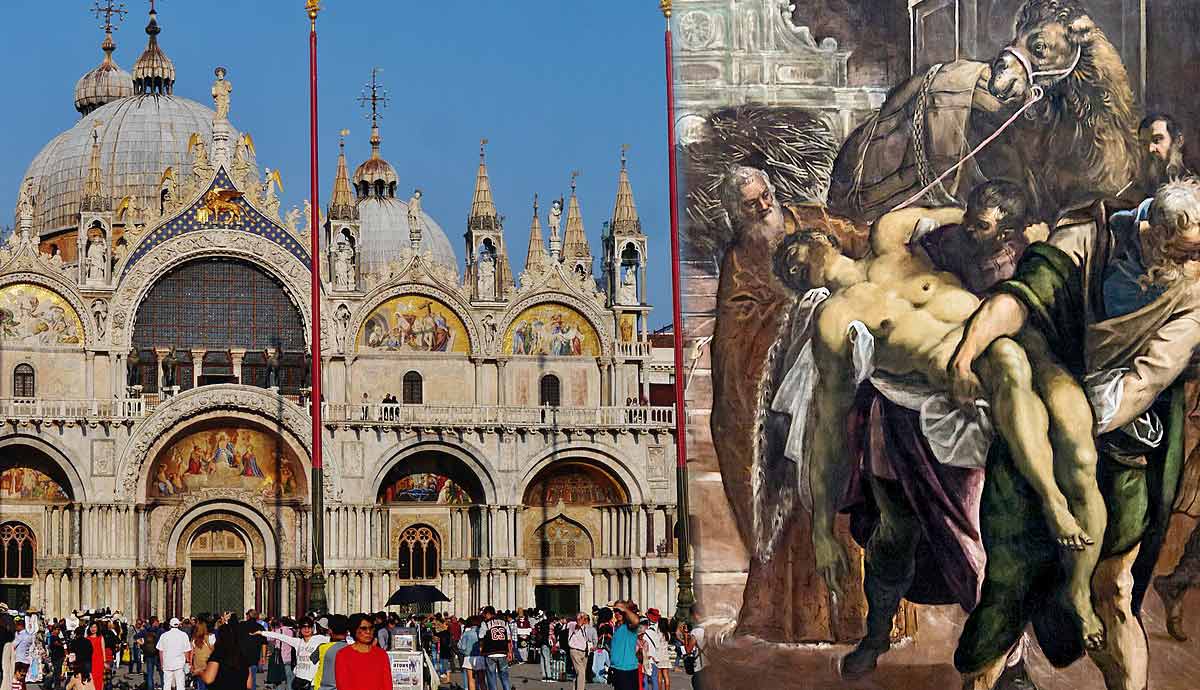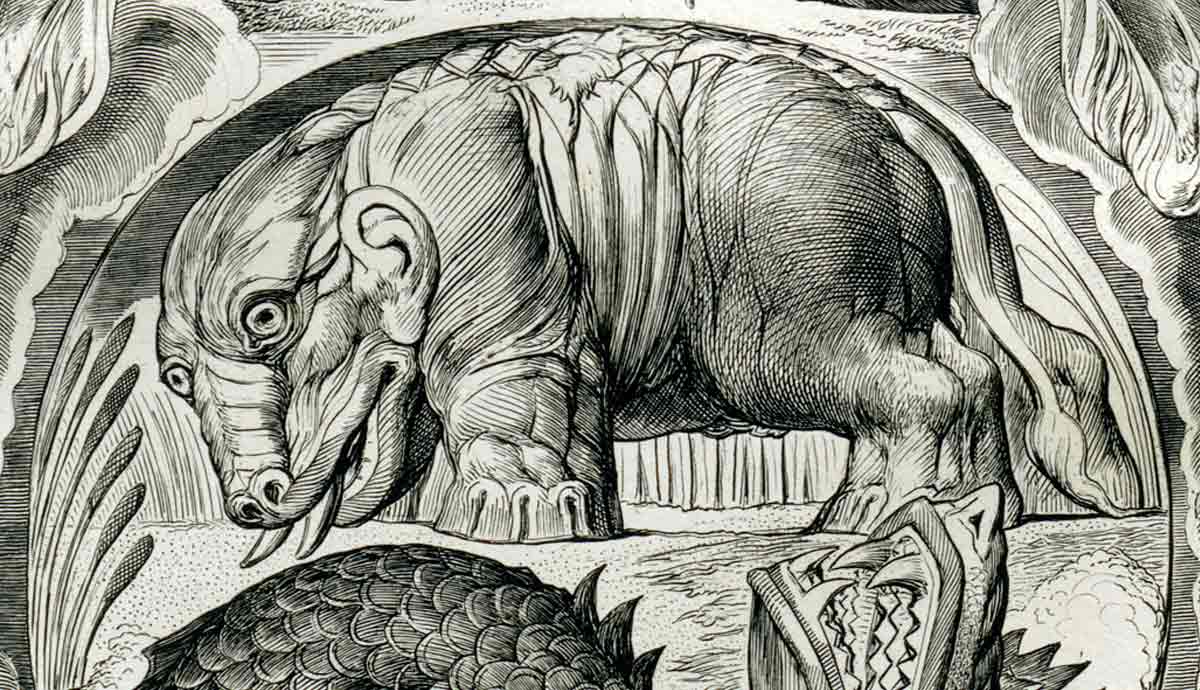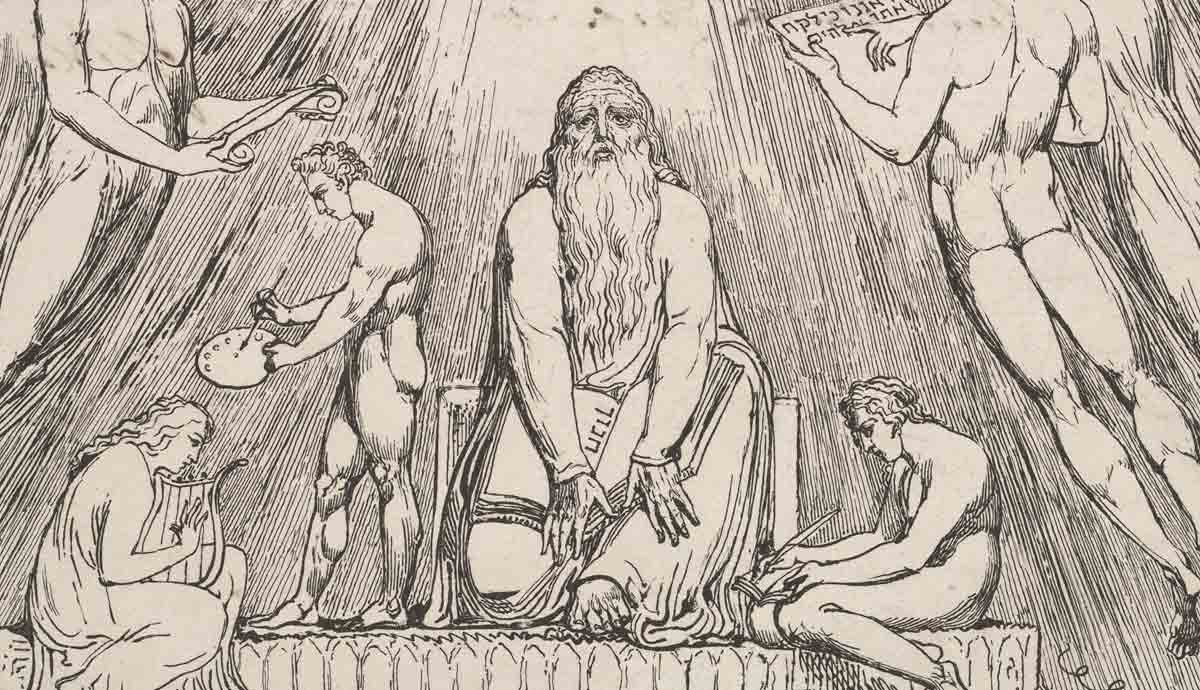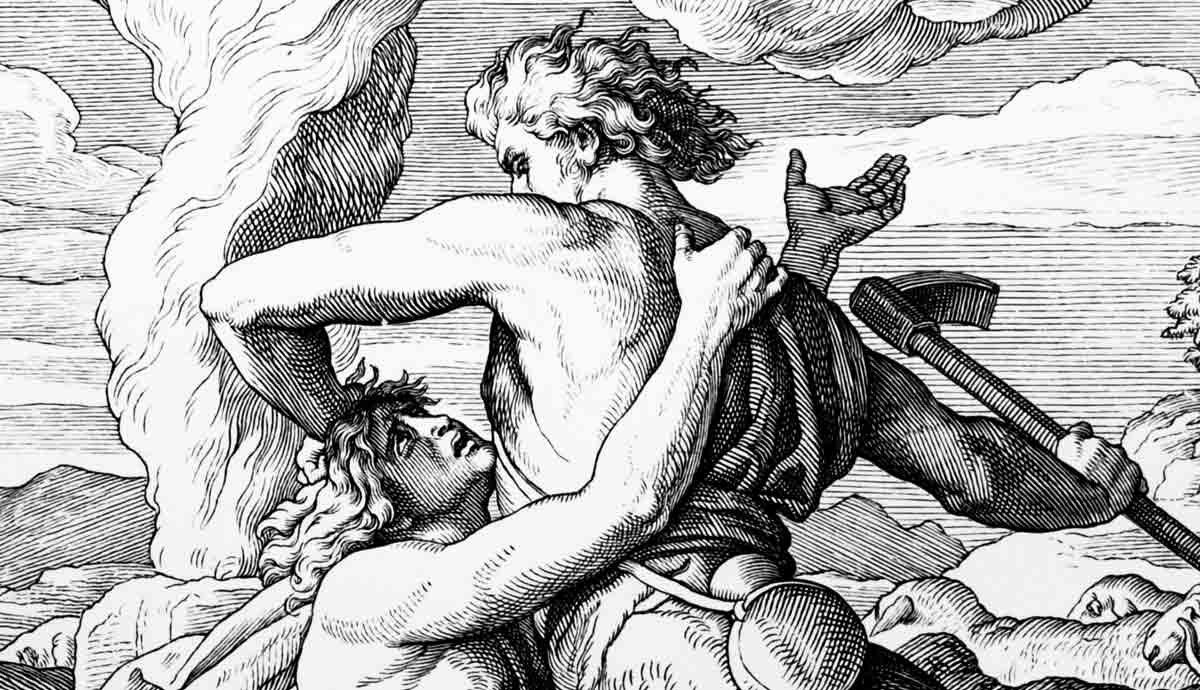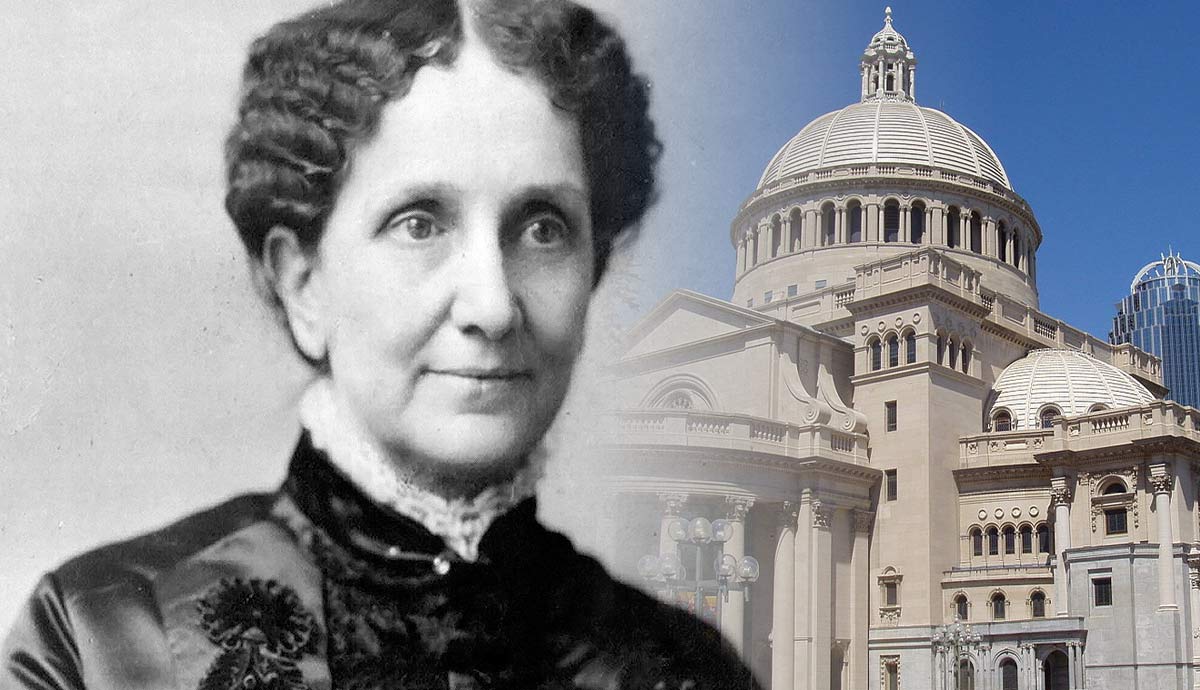
The trials and tribulations that Mary Baker Eddy endured took her on a journey that resulted in the founding of a new and unique denomination—Christian Science. Her struggle with physical health and several emotional and psychological setbacks resulted in her search for a new way to address her health needs effectively. Eventually, she came to have new insights into her health and faith by accident. She wrote a work serving alongside the Bible as a rule for faith and practice among Christian Scientists. As a denomination, they focus on health and healing.
The Origins of Christian Science

Mary Baker was born on July 16, 1821, in Bow, New Hampshire. Her family were devout Congregationalists, which means that they believed in Calvinism. From a young age, Mary struggled with the doctrine of predestination and eternal damnation. Though she was baptized into Congregationalism, she never accepted all of its teachings.
She was a sickly child but bright and inquisitive. Her health issues likely played a significant role in the development of her later religious views. The death of her first husband, George Washington Glover, from yellow fever six months after their marriage, added to the emotional struggles of the life of the pregnant 22-year-old woman.
She was unable to provide or care for her son due to her fragile health. Her family sent her son to stay with the childless Cheney couple in North Groton.

Mary remarried in 1853. Her husband, Daniel Patterson, was a traveling dentist who promised to care for her and her son. Instead, he and her family, without her knowledge, agreed that the family caring for her son, Georgie, could take him with them when they moved to the Mid-Western frontier.
Patterson was away from home for extended periods, and during this time, Mary’s views on Christian Science developed, adding additional strain to the relationship. He would later desert her, and they divorced in 1873, partly due to his infidelity.
Mary began studying all manners of cures and healing, from homeopathy to water cures and any medicine that would prove effective. In Lynn, Massachusetts, in February of 1866, she slipped on ice and fell, suffering severe internal injuries that her friends feared would be fatal. In a critical condition, she was bedridden and asked for a Bible to read. She read from Matthew 9:2, which says: “And, behold, they brought to him a man sick of the palsy, lying on a bed: and Jesus seeing their faith said unto the sick of the palsy; Son, be of good cheer; thy sins be forgiven thee.”

Mary made a miraculous recovery. She started her journey to discover principles of healing that bring faith and science together. At the time, faith and science were on divergent paths, but Mary’s discoveries and views resonated with people who listened to her talks. In 1875, she published her seminal book, Science and Health, soon after adding the subtitle “With Key to the Scriptures.”
Mary married Asa Gilbert Eddy in 1877, and he helped to proclaim her message. Her following grew, and in 1879, she founded the Church of Christ, Scientist. Asa Eddy passed away in 1882, prompting Mary to settle in Boston.
A decade later, in 1892, Mary reorganized the church as the First Church of Christ, Scientist. The following year, the organization started constructing a building known later as the Mother Church. It serves as the headquarters of the Christian Scientist denomination to this day.
Mary Baker Eddy revised Science and Health several times but the central message of her work never changed. She passed away on December 3, 1910. Christian Science spread worldwide but was never accepted into the mainstream.
Beliefs

Christian Scientists believe in God as a Divine Principle. They do not think of God in anthropomorphic terms but rather as an all-encompassing divine presence, also called Truth, Love, and Mind. They do not regard Jesus as God but view him as one who demonstrated God’s love and healing power. As such, he was the example or expression of the love, power, and mind of God. Members often refer to God as the Divine Mind. The better a member understands God and aligns with him in thought, the greater the effect on the physical and spiritual well-being of the person.
Their doctrine teaches that all suffering and illness come from incorrect thought. The way to correct the error is to rightly interpret God. They teach that the physical realm is not reality but rather an illusion, while the spiritual is both real and eternal. This view results in Christian Science interpreting sin, disease, and death as misinterpretations of spiritual truths.
The result is that they are skeptical of medical interventions and the use of medicinal drugs, though they do not prohibit medical treatment for their members. They do not officially oppose vaccinations but doubt their efficacy as part of their doctrine that illness is not real but rather an illusion of the material world. In the past, they have complied with governmentally required vaccinations during public health crises.
Christian Science encourages its members to be law-abiding citizens and make use of religious exemptions where the state law allows for it. Courts have ruled against Christian Scientists who denied their children life-saving medical care because of their beliefs. Ultimately, members prefer spiritual means of healing rather than medical intervention. Many members have become much more open to conventional medical care in recent years.

The denomination does not practice any sacraments but emphasizes spiritual purification instead. There are also Christian Science practitioners whose training takes place under the watchful guidance of the Mother Church in Boston. These practitioners undergo formal training in a two-week intensive course in Christian Science healing through prayer based on the teachings of Mary Baker Eddy, especially Science and Health with Key to the Scriptures. After completing the course, the church lists successful course attendees in The Christian Science Journal as officially recognized practitioners. The practitioners provide faith healing through prayer at a fee and are not allowed to have an alternative form of income. An advanced-level course presented every three years trains practitioners to become teachers.
In addition, Christian Science nurses provide non-medical care (for example assistance with hygiene, mobility, and nourishment) for those who rely on prayer for healing. These nurses work in private homes or Christian Science facilities.
The denomination promotes the daily study of the Bible, Science and Health, and the Christian Science Quarterly Lesson-Sermon. On Wednesdays, members share their testimonies of healing at midweek meetings. On these occasions they also read from Science and Health. Children and youth up to 20 years attend Christian Science Sunday School where they learn more about the beliefs and principles the denomination holds dear.

Many cities where Christian Science has a presence have Christian Science Reading Rooms where visitors have access to libraries of Christian Science books and a bookstore. They can also ask questions of the attending representative.
Christian Science services differ much from mainstream Christianity. They do not have sermons. Instead, two readers read pre-selected and related passages to the congregation. One reads from the Bible, and the other from Science and Health. This methodology avoids human opinion or personal interpretation that could distort the meaning of the text.
Christian Science holds that the Bible and the book Science and Health are the rules for faith and practice. Though Mary Baker Eddy wrote: “As adherents of Truth, we take the inspired Word of the Bible as our sufficient guide to eternal Life,” the denomination believes Science and Health provide the definitive interpretation of the Bible from a Christian Science perspective. They believe the book was inspired and equally authoritative. Members do not interpret the Bible literally but see it as an allegorical and spiritual guide.
Structure

Christian Science has a centralized and structured organization with the head office at the Mother Church in Boston. The Manual of The Mother Church details the governing principles and rules of the church as Mary Baker Eddy drafted them. The five-member Board of Directors oversees matters of administration and teaching.
Branch Churches of Christ, Scientist, are fully organized and recognized, while Christian Science Societies are smaller groups with lesser organization. Each branch church is self-governing.
Christian Science does not have clergy. Instead, branches select two readers that usually serve for a three-year term.
The Christian Science Publishing Society prints all the Christian Science publications like The Christian Science Journal, Christian Science Sentinel, and Herald of Christian Science, and oversees the publication of Christian Science Monitor, an international newspaper founded by Mary Baker Eddy in 1908.
The Christian Science Committee on Publication deals with legal and public relations matters, including media reports and government policies.
